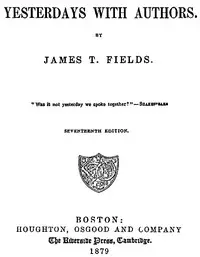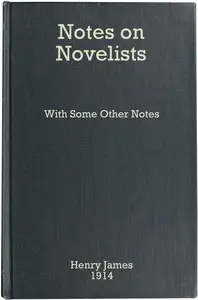"Reflections; or Sentences and Moral Maxims" by François duc de La Rochefoucauld is a collection of aphorisms and moral observations composed during the 17th century. This work is renowned for its keen insights into human nature, particularly the complex interplay of self-interest, vanity, and virtue. Rochefoucauld's maxims delve into topics like love, jealousy, pride, and the often hypocritical nature of societal etiquette, showcasing a cynicism that reflects the realities of court life in his era. The opening portion of the text begins with the translator's note, emphasizing the need for a complete English edition of Rochefoucauld's thoughts, as previous translations often overlooked the depth and subtleties of his work. The introduction discusses the cultural context of 17th-century France, noting the popularity of epigrammatic literature and Rochefoucauld's unique position within it. As readers are drawn in, they encounter the first aphorisms that introduce central themes: the duplicity of virtues, the manipulative nature of self-love, and the complex motivations behind human actions. This portion sets the stage for an exploration of human psychology that is both timeless and provocative, prompting readers to reflect on their own behaviors and motivations. (This is an automatically generated summary.)

Reflections; or Sentences and Moral Maxims
By François duc de La Rochefoucauld
"Reflections; or Sentences and Moral Maxims" by François duc de La Rochefoucauld is a collection of aphorisms and moral observations composed during t...
François de La Rochefoucauld, 2nd Duke of La Rochefoucauld, Prince de Marcillac was an accomplished French moralist of the era of French Classical literature and author of Maximes and Memoirs, the only two works of his dense literary œuvre published. His Maximes portrays the callous nature of human conduct, with a cynical attitude towards putative virtue and avowals of affection, friendship, love, and loyalty. Leonard Tancock regards Maximes as "one of the most deeply felt, most intensely lived texts in French literature", with his "experience, his likes and dislikes, sufferings and petty spites ... crystallized into absolute truths."













